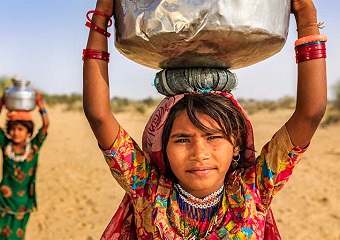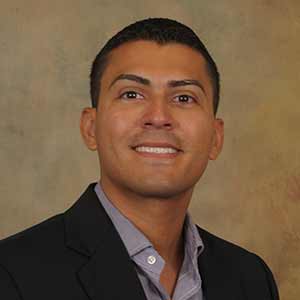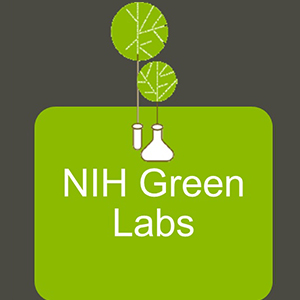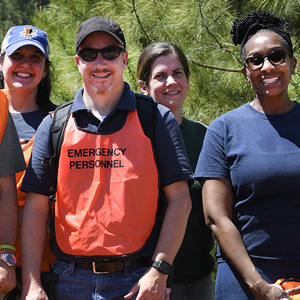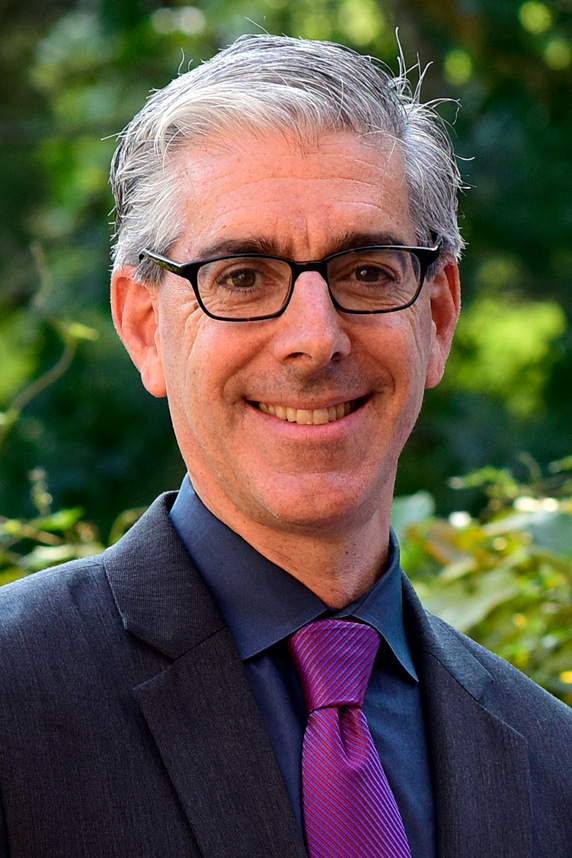 “The COVID pandemic has laid bare the vulnerability of some populations, as well as health systems and infectious disease threats,” said Balbus. (Photo courtesy of Steve McCaw / NIEHS)
“The COVID pandemic has laid bare the vulnerability of some populations, as well as health systems and infectious disease threats,” said Balbus. (Photo courtesy of Steve McCaw / NIEHS)Aiming to build climate and health equity literacy on Earth Day, the NIEHS Global Environmental Health (GEH) Program sponsored “Global Health and Equity on a Changing Planet: A GEH Earth Day Chat.” The discussion focused on global health security and environmental and climate-related health disparities.
“The climate crisis and protecting people’s health are inextricably linked to addressing equity, racial injustice, social injustice,” said NIEHS Senior Advisor for Public Health John Balbus, M.D., who served as moderator for the April 22 event, along with three participants.
- Susan Anenberg, Ph.D., of The George Washington University Milken Institute School of Public Health.
- Ben Zaitchik, Ph.D., Johns Hopkins University Morton K. Blaustein Department of Earth and Planetary Sciences.
- Ed Maibach, Ph.D., of the George Mason University Center for Climate Change Communication.
Change in the policy climate
Their discussion took place as 40 world leaders joined an online meeting on climate change at the invitation of President Joe Biden. The renewed national and global energy behind climate and health research was at times palpable.
“We can't emphasize enough what a pivot point we might be at right now,” said Zaitchik. “Because of past patterns of behavior and policy expectations, it could be easy to let the opportunity pass. But after this past year, we’ve redefined what’s possible.”
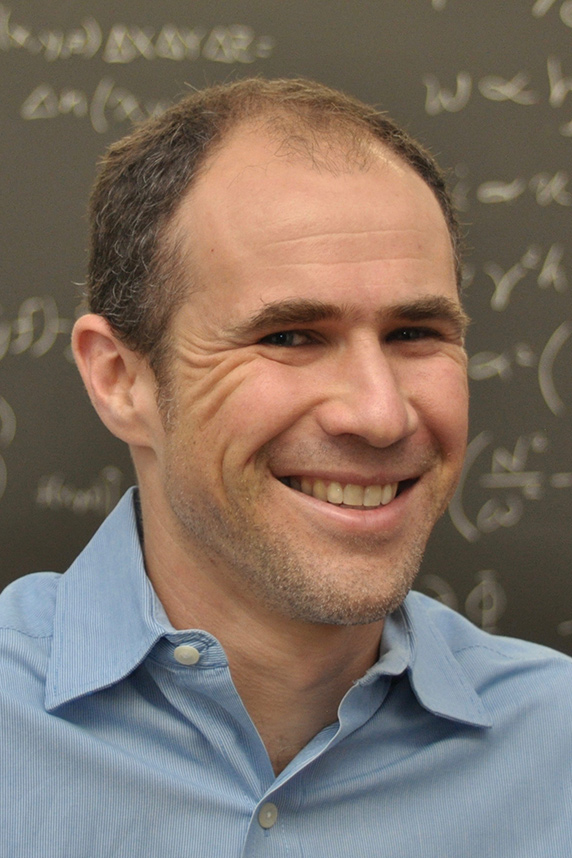 “Things that seemed impossible a year ago have become realistic options, at a moment where it is so essential that we make brave decisions,” said Zaitchik. (Photo courtesy of Ben Zaitchik)
“Things that seemed impossible a year ago have become realistic options, at a moment where it is so essential that we make brave decisions,” said Zaitchik. (Photo courtesy of Ben Zaitchik)Thinking big
The wide-ranging discussion of the impact of climate change on health sparked a lot of big-picture thinking. “Climate change is a factor in whatever field of public health you're working within — you may not recognize it, but it's there,” said Anenberg.
Zaitchik suggested that a global system for health security monitoring and forecasting could be within reach someday, along the lines of our current weather capabilities.
“It would need pretty advanced techniques, using genomics to understand the strains of different diseases, measuring underlying pre-existing health conditions and populations, and a global data collection network that interfaces with process-based models,” Zaitchik said. “Let's not pretend that modeling the weather was easy either.”
Facing the true costs
Maibach described efforts to understand the real costs of climate change in terms of health. “The endemic costs or burdens of climate change — the burdens of fossil fuel use on health — are much larger than most of us appreciate,” he said. Studies suggest that climate solutions, which are also health solutions, could pay for themselves, he added.
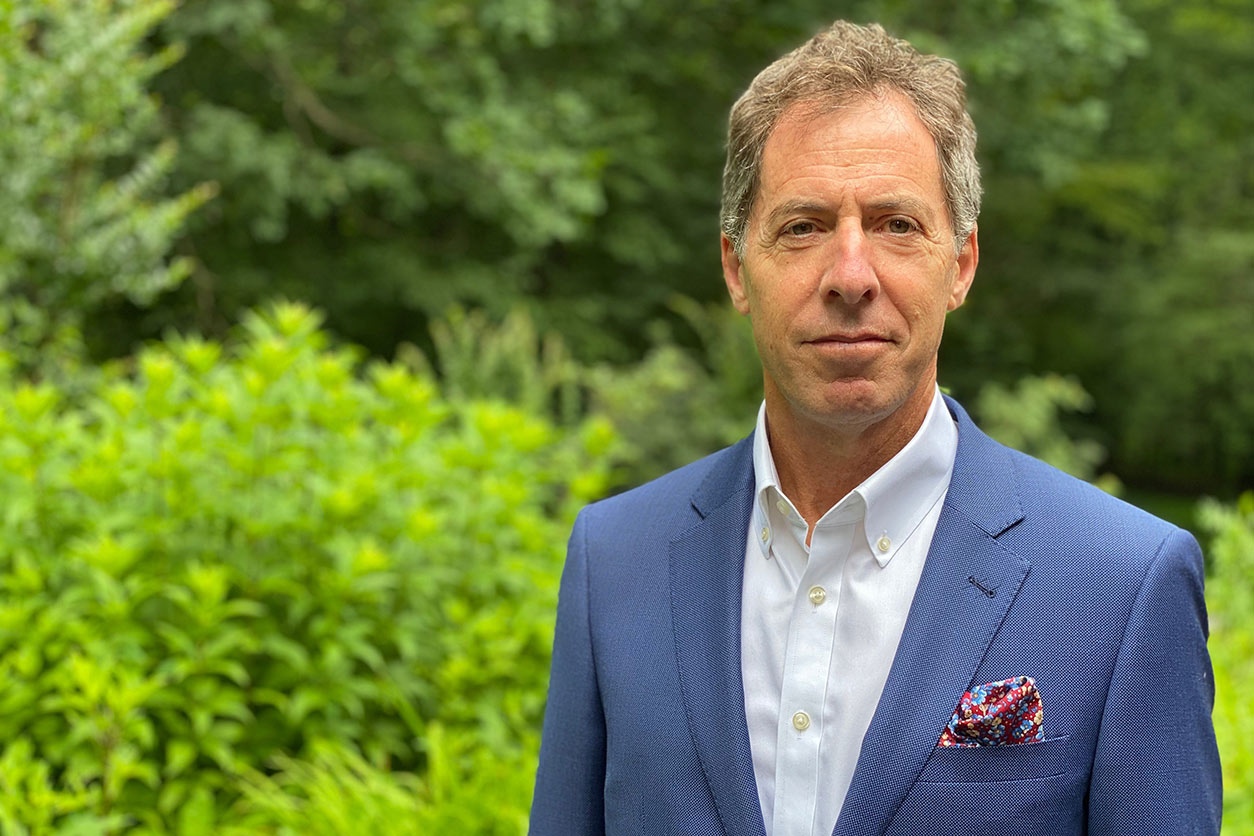 “Lately I've come to see climate change, and specifically a stable climate, as being the most fundamental determinant of health,” said Maibach. (Photo courtesy of Ed Maibach)
“Lately I've come to see climate change, and specifically a stable climate, as being the most fundamental determinant of health,” said Maibach. (Photo courtesy of Ed Maibach)“Now that we are signatories again to the Paris Climate Agreement, we are obliged to develop an Actions for Climate Engagement (ACE) plan,” Maibach noted. “Hopefully we will have one by the time President Biden goes to the Conference of the Parties (COP) meeting in Glasgow in November.”
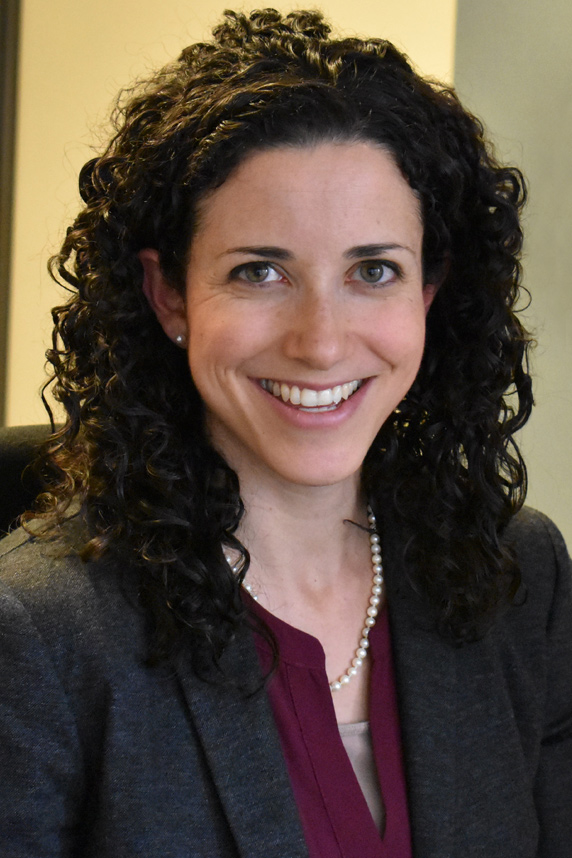 “Effective policies are critical to solving the climate crisis, but individual actions can also have a beneficial impact,” said Anenberg. “We each have a sphere of influence that is larger than we might think.” (Photo courtesy of Susan Anenberg)
“Effective policies are critical to solving the climate crisis, but individual actions can also have a beneficial impact,” said Anenberg. “We each have a sphere of influence that is larger than we might think.” (Photo courtesy of Susan Anenberg)“The interface between science and action is what I think we're trying to address today,” Zaitchik added. “Even if you know what the goals are, it’s challenging. We know that because we fail at it a lot.”
Vulnerable communities
The need to promote health equity in the face of the climate crisis was another hot topic. “Climate change is a risk multiplier that permeates throughout public health, particularly in vulnerable communities,” Anenberg said.
“We're not really reaching into the diversity of our communities,” Zaitchik said. “We end up speaking to ourselves, among inspiring leaders who are very engaged, but they are not reaching these deeper diversity demographics, a diversity of perspectives and positions.”
(John Yewell is a contract writer for the NIEHS Office of Communications and Public Liaison.)





